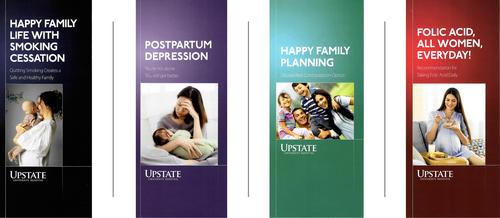Interconception care during well-child visits by family physicians in the United States: A cross-sectional study
Abstract
Background
Interconception care (ICC) by family physicians during well-child visits (WCVs) has been broadly advocated in principle but has not been widely implemented. We aimed to investigate ICC at WCVs by family physicians at our facility, focusing on four maternal risk factors, including maternal tobacco use, maternal depression, contraception, and folic acid supplementation.
Methods
Mothers who visited WCVs with children up to the age of 24 months at our university-affiliated clinic were screened for the four maternal risks. Brief interventions were provided to mothers with positive screening results. We investigated mothers at WCVs from December 1, 2020, to November 30, 2022. We performed descriptive and binary logistic regression analyses to determine the maternal demographic factors associated with positive screenings.
Results
Of 1143 WCVs, 205 mothers were evaluated. Screening was positive in the following rates: tobacco use 5.9%, depression 11.5%, contraception 73.6%, and folic acid supplementation 40.5%. Single marital status was associated with positive screening for smoking (odds ratio [OR] 8.689, p = 0.016) and maternal depression (OR 3.470, p = 0.035). Maternal education level lower than a high school diploma was associated with positive screening for folic acid intake (OR 4.975, p = 0.004).
Conclusions
ICC conducted during WCVs by family physicians offers valuable opportunities to identify maternal risk factors and address modifiable factors that can influence future birth outcomes. Single marital status and educational level less than a high school diploma were more potent risk factors for maternal behavior in ICC. More research is needed to assess the outcomes of the interventions.


 求助内容:
求助内容: 应助结果提醒方式:
应助结果提醒方式:


